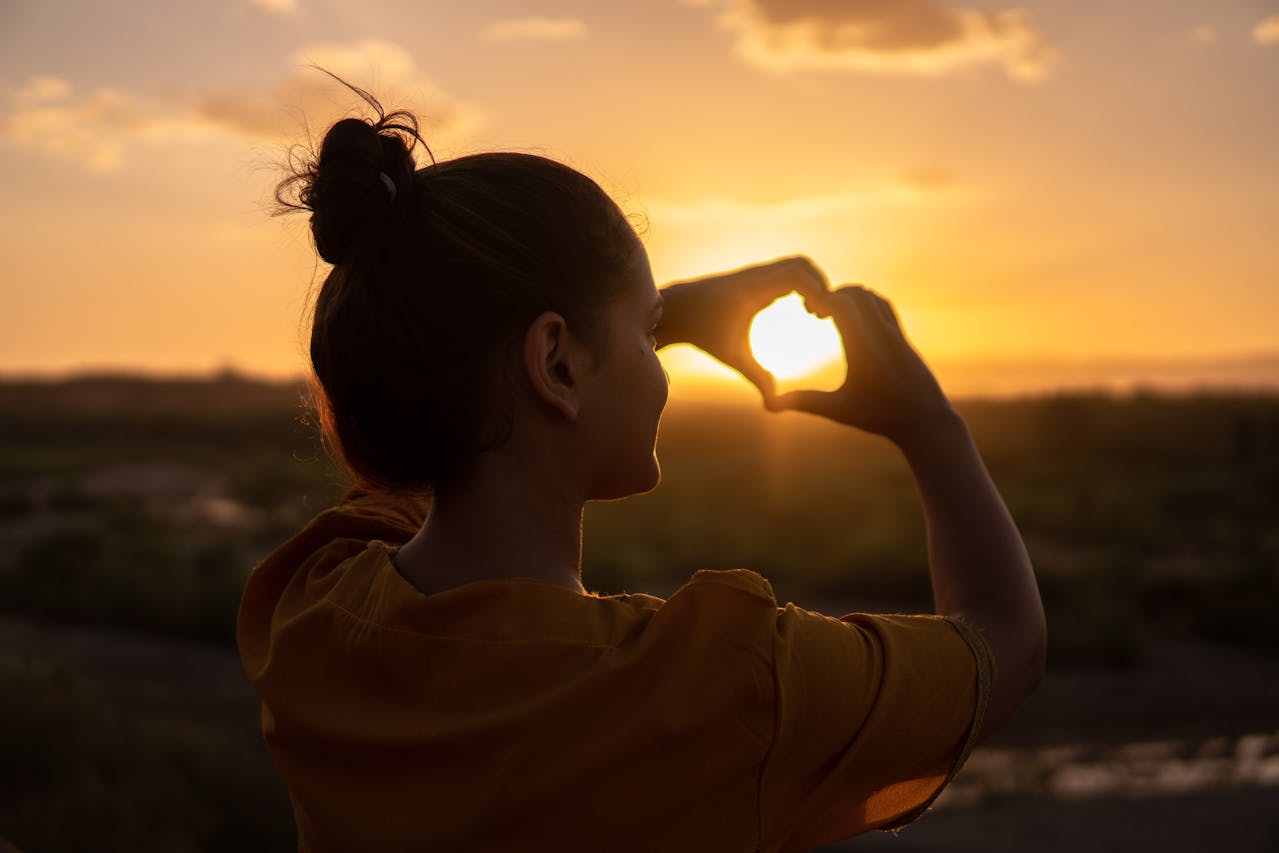Why I Think We’re Asking the Wrong Question About Money and Happiness

Every few years, an old debate flares up again, usually after some new survey makes the rounds.
The debate: does money buy happiness?
I’m going to reveal my cards here pretty early— I think the whole debate is silly.
It seems self-evident to me that money buys you certain kinds of happiness pretty reliably.
If you didn’t believe that to be true, you’d have to think that nearly all humans are so dumb they can’t even act in their own self-interest.
Almost every person would like to have more money than they have now, and they expend enormous amounts of time and energy in that pursuit.
The reason is simple: money buys happiness, and people like to be happy, even if the effect is only temporary.
Since this question is settled in my mind, I think we ought to be moving on to more difficult questions.
The longer we fixate on the question “does money buy happiness?” the more it becomes the wrong question— a distraction from the real world tradeoffs and decisions that each of us have to make.
If you believe money can be traded in for happiness, the natural next question is, what kinds of happiness can money buy?
Let’s start there.
What kinds of happiness does money buy?
When it comes to using your money to acquire happiness, the question to consider is how direct the path is and how important the money is as part of that equation.
For example, someone could argue that being rich makes you more likely to find true love because you can use money to woo a lover.
But that doesn’t hold up very well because you need a lot more than gifts to win someone’s affections, and there’s a long way to go from buying a gift to being in love.
What we’re looking for are examples where the distance is short and the correlation is tight.
Here are a few categories of happiness than, in my mind, are relatively easy to purchase:
Comfort and security. Money can buy you a home in a nice neighborhood and a safer car, or pay for life’s everyday frictions to be removed.
Time savings. With money, you can pay people to do things you don’t want to do.
Opportunities. Money opens doors and gives you greater freedom of choice.
Less stress. Money removes worry about losing your job or other unexpected events.
Pleasure and entertainment. There’s no end to the amount of pleasures you can acquire directly for money.
Memorable experiences. With enough money you can access exclusive and exotic experiences designed to delight you.
Now, maybe your argument is that these things aren’t real happiness, but I’m just using happiness in its most common form: a state of well-being characterized by positive emotions.
I’m saying nothing about their permanence or their value, only that money can directly buy you positive emotional experiences that make you feel good.
These kinds of happiness are, in fact, up for sale and a large part of our economy is designed around making sure they’re instantly available.
That leads me to the next question I think we should be asking as we move beyond whether or not you can buy happiness: Is there anything better than being happy?
And that’s exactly where we’ll go next.
Is there anything better than being happy?
The answer, of course, is no. Nothing is better than being happy.
You see, I’ve led you straight into a trap. You thought I was going to start tearing down my strawman version of happiness and tell you that there were better things in life.
In fact, happiness is the chief end of man.
Blaise Pascal, the 17th century mathematician, philosopher, and Catholic writer said it best when he commented that all people seek happiness in everything they do, but they seek it wrongly until they find it in God.
The problem is not happiness. It’s not that we’re seeking happiness. It’s that we won’t find ultimate happiness apart from relationships.
Pursuing happiness apart from relationships isn’t wrong, it’s natural. We want to be happy and were made to pursue it.
But money won’t get us an inch closer to the best happiness offered to us: the happiness of being in a loving relationship with family and friends and (as I believe) God himself.
It’s ok to use your money for happiness, but don’t let it become the distraction that it so easily becomes.
Don’t settle for fleeting happiness and instant pleasure when a life of purpose, adventure, and cosmic significance is on offer.
Instead, be grateful for money, and the kinds of happiness it opens to you. Pursue it even, to an extent that is reasonable and wise for you.
But save your best energy, your greatest affections, and your ultimate hope for what love has to offer.



